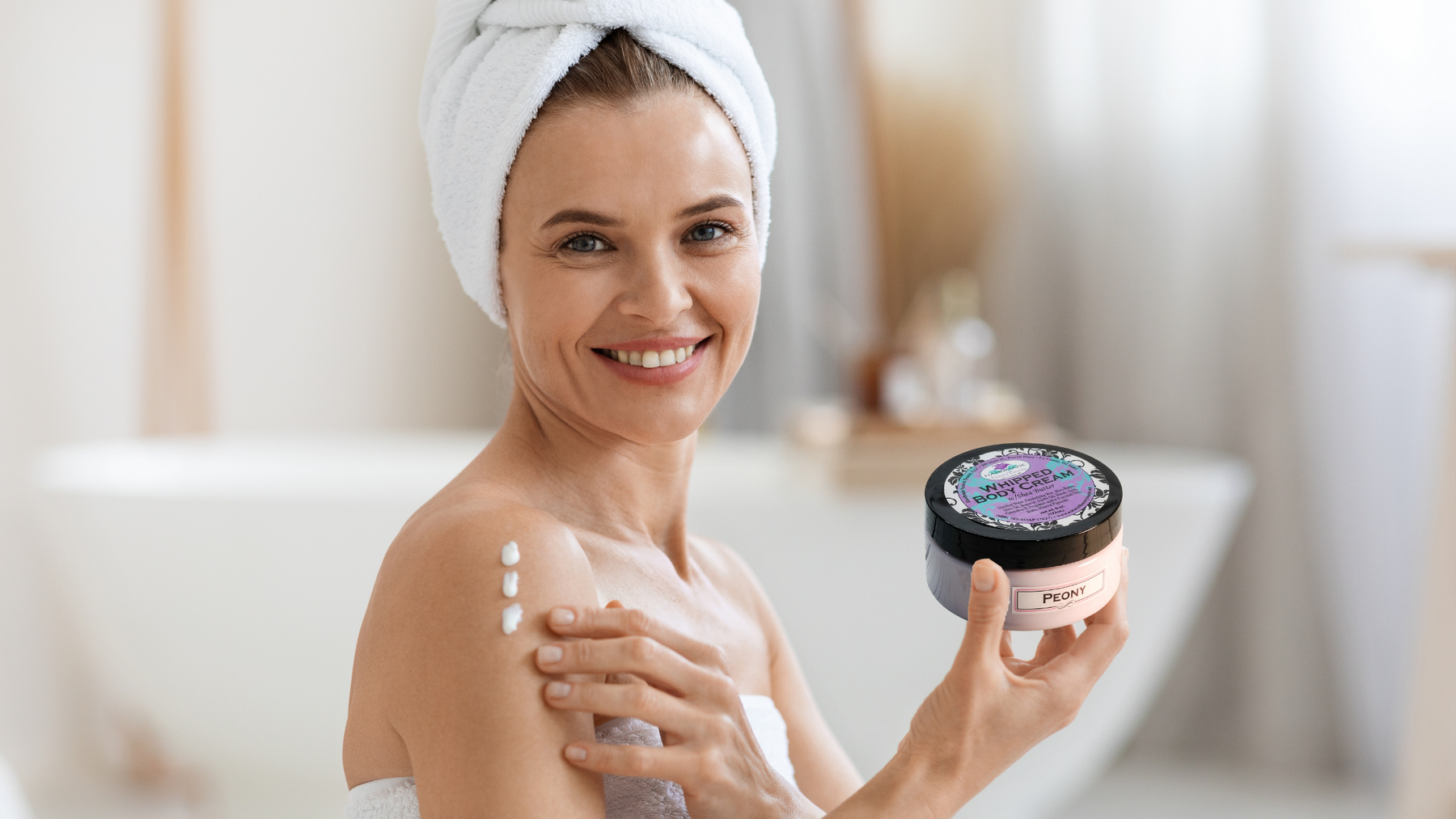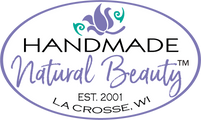


Our skin is our body’s largest organ and plays a critical role in protecting us from external elements. Maintaining healthy, glowing skin requires care, with hydration being one of the most important aspects. While we often think of drinking water as the primary way to hydrate our skin, our bathing habits also play a significant role in our skin’s health. In this blog post, we'll explore the connection between hydration and bathing and offer practical tips for keeping your skin healthy and hydrated.
Bathing and Moisture Balance
Bathing can be a double-edged sword when it comes to skin hydration. On one hand, water is essential for hydrating the skin, helping to soften it and improve elasticity. On the other hand, bathing incorrectly—such as using water that’s too hot or harsh soaps—can strip the skin of its natural oils, leaving it dry and prone to irritation. The key to keeping your skin hydrated through bathing is balance.
The Role of Natural Oils
Our skin naturally produces oils that form a barrier to help retain moisture. When we bathe, especially with hot water or harsh cleansers, we risk washing away these oils, which can lead to dry, tight, or flaky skin. Finding the right balance in our bathing routine is essential to ensure that our skin stays healthy and hydrated.
1. Use Lukewarm Water Instead of Hot Water
Hot water may feel wonderful, especially after a long day, but it can be very drying for the skin. Lukewarm water is a much better option if you’re aiming to keep your skin hydrated. It’s gentle on the skin and doesn’t strip away essential natural oils as quickly as hot water does.
2. Limit Bathing Time
Spending long periods soaking in water can actually dry out the skin. Aim for shorter baths or showers—ideally 10-15 minutes—to avoid stripping away moisture. This is especially important during colder months when the skin is already more prone to dryness.
3. Choose Gentle, Moisturizing Cleansers
The soap or body wash you use can make a big difference in skin hydration. Opt for cleansers that are free of harsh detergents, such as sulfates, which can strip moisture from the skin. Look for products with nourishing ingredients like shea butter, coconut oil, or glycerin, which help to keep skin soft and hydrated.
4. Apply Moisturizer Immediately After Bathing
One of the most effective ways to lock in moisture is to apply a hydrating lotion or body oil right after you step out of the bath or shower, while your skin is still damp. This helps seal in the moisture your skin has absorbed, creating a protective barrier to keep your skin hydrated longer. At Handmade Natural Beauty, we recommend our Shea Butter Whipped Body Cream for an intense hydration boost.
5. Avoid Over-Exfoliating
Exfoliation is important for removing dead skin cells and promoting a healthy glow, but over-exfoliating can lead to moisture loss and irritation. Limit exfoliation to 1-2 times a week and use gentle scrubs to ensure your skin stays smooth without compromising its natural barrier.
6. Add Hydrating Ingredients to Your Bath
Enhance your bathing routine by adding hydrating elements directly to your bath. Oatmeal, milk, or a few drops of moisturizing bath oil can help add hydration back into your skin. Bath products containing natural oils or emollients are great for replenishing moisture during your soak.
Bathing habits are just one part of the equation. It’s important to remember that healthy skin starts from the inside. Drinking enough water throughout the day is crucial for keeping your skin hydrated. Aim for at least eight glasses of water a day, and remember that fresh fruits and vegetables can also contribute to your daily hydration goals.
Certain habits can also affect skin hydration. Avoid using alcohol-based skin products, as they can be very drying. Additionally, limit caffeine and alcohol intake, as both substances can contribute to dehydration. Instead, choose hydrating foods like cucumbers, watermelon, and leafy greens to help your skin stay supple and hydrated.
Maintaining healthy, hydrated skin requires both internal and external care. By paying attention to the way you bathe—using lukewarm water, choosing gentle cleansers, and moisturizing right after—you can help keep your skin looking and feeling its best. Remember, hydration is a continuous process that involves nourishing your skin from both the inside and out.
At Handmade Natural Beauty, we offer a range of artisanal bath products specifically crafted to nourish and care for your skin. From moisturizing soaps to our luxurious Shea Butter Whipped Body Cream, our products are designed to help you achieve the healthy, hydrated skin you deserve.
Discover our hydrating bath essentials and make your bath routine a skin-loving experience today!

